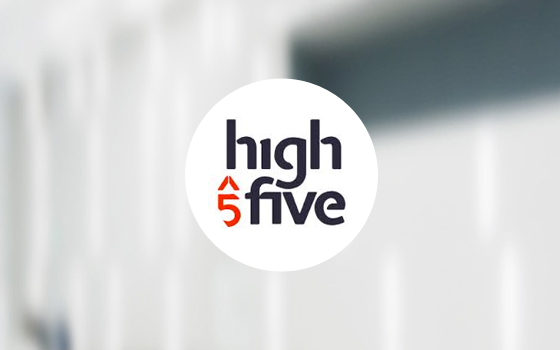On May 31, Microsoft announced that Do Not Track (DNT) will be set as a default option in the new Internet Explorer 10 (IE10). This default setting will require consumers to opt-in in order to receive targeted advertising. However, Microsoft’s move pre-empted self-regulatory DNT solutions under development by the World Wide Web Consortium (W3C), which the company is a member of. Earlier this year, facing growing pressure from the Federal Trade Commission (FTC), congressional lawmakers, and privacy groups, the industry resolved to take a proactive approach to DNT before EU-like requirements take hold on this side of the pond. With the FTC’s blessing, they agreed to develop a solution together by the end of the year and avert new regulations that could stifle the growth of digital advertising. So, if the industry has vowed to take the lead on DNT before the feds do, and Microsoft is being proactive, why are tech and ad companies on a tear about IE10?
Until now, DNT had been discussed as an opt-in feature, not a default feature. The IE10 default setting that requires users to opt-in. While Microsoft’s DNT setting doesn’t block tracking (getting a DNT signal does not oblige anyone to stop tracking), it does send a signal to websites that the consumer should not be tracked. If consumers leave the setting on, and most probably will, they will not receive targeted advertisements. Setting DNT as a default option in IE10 defies the W3C’s explicit guidance which states that users must be given a choice. This also mortified advertisers, who maintain that consumers will lose out if the industry cannot collect information about their preferences, because they will just receive a deluge of “less meaningful, less targeted ads.”
Why did Microsoft do it first? After all, they have a growing ad business too. Did they do it to aggravate Google and undermine its ad system, which is based on tracking cookies? Since there is no certainty that DNT will become the status quo, that seems improbable, but not impossible. Perhaps their marketers believe that DNT will be a big selling point moving forward. Microsoft’s chief privacy officer, Brendon Lynch, asserts that consumer empowerment and targeted advertising are not mutually-exclusive interests. On the heels of the announcement, Lynch expressed hope that consumers would see the value in opting-in and enjoy the benefits of tailored advertisements. While Lynch envisions a beneficial online conversation between marketer and consumer, other tech companies disagree with their approach. Alex Fowler of Mozilla argues that a default “on” setting is not a two-way conversation and therefore does not represent the user’s voice, rendering DNT ineffective. The advertising community contends that a potential 18 percent of Internet users (if they all upgraded to IE10) would have to choose to be tracked.
Microsoft stands by its decision to include the DNT feature in IE10, and sees it as a positive contribution to the larger privacy and consumer empowerment discussion: “Our decision to turn on DNT by default … helps to provide clarity on one side of the discussion – when and how browsers send the DNT signal – and because it advances the idea of privacy as the default state.” If Microsoft isn’t compliant with W3C’s latest spec (which happens to be favored by the FTC), could third parties who say they comply with DNT just ignore IE10’s DNT signal and track its users anyway? Will Microsoft end up changing the default setting in order to prevent this from happening? In addition, W3C says that Microsoft can’t claim to be offering DNT to its users: “Microsoft IE, as a general purpose user agent, will not be able to claim compliance with DNT once we have a published W3C Recommendation. As a practical matter they can continue their current default settings, since DNT is a voluntary standard in the first place. But if they claim to comply with the W3C Recommendation and do not, that is a matter the FTC (and others) can enforce.”
As with most DNT issues in the U.S., no one knows what will happen next. This development kind of threw a wrench in the promise of self-regulation, and probably pushed back the end-of-the year goal for DNT consensus. After all, the Internet is still the Wild West, especially when it comes to the intersection of advertising and privacy. And loopholes abound for all parties involved in this discussion. Because DNT hasn’t been officially legislated or regulated, these problems will continue fester as free-market competitors attempt to self-regulate before the government finally steps in.


